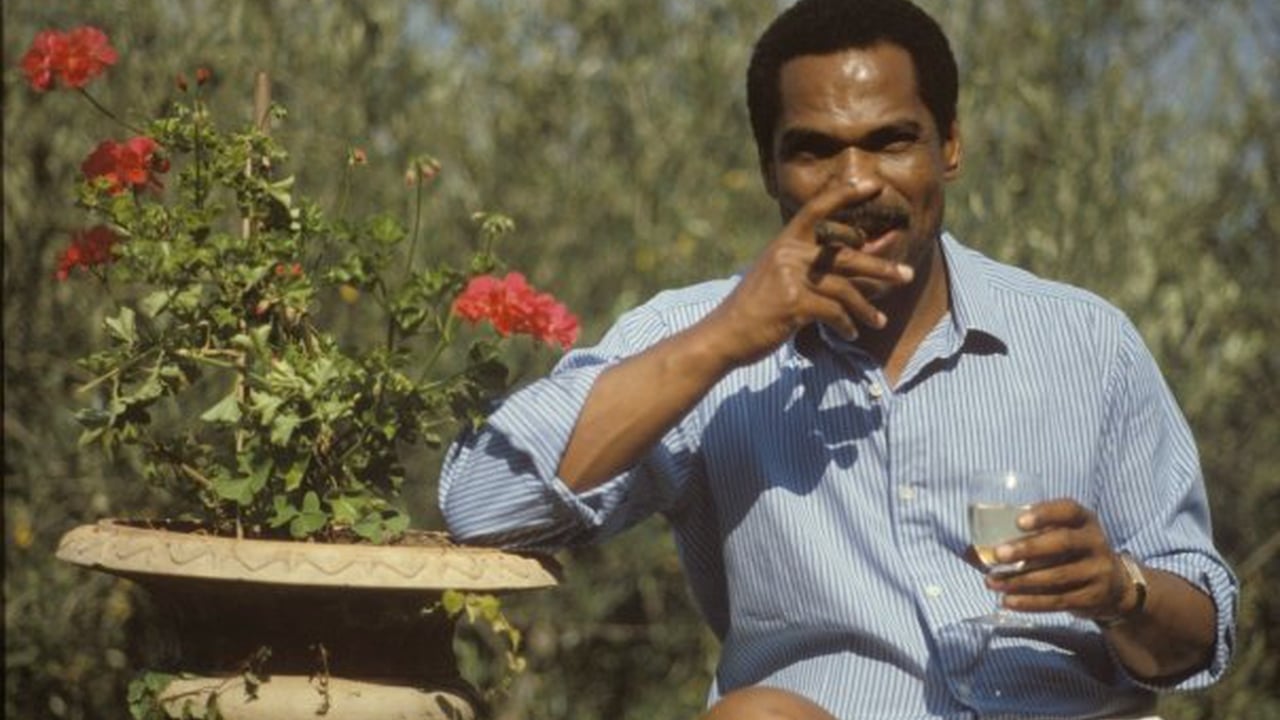WALL STREET MEGA DEAL-MAKER
BY Tracy Dixon
Mr. Reginald F. Lewis, 46, the latest mega-deal maker on Wall Street is perhaps the most influential Black businessman in America today. The takeover of the Beatrice International Companies food operations, the largest leveraged buyout ever of a non-American company, has catapulted him into the position of high-stakes Wall Street investor.
The TLC Group, a New York based investment company, controlled by Mr. Lewis, was organized in 1983, when he realized that he needed to make deals himself if he wanted to venture beyond his present position. This group was formed to acquire other companies. It has revenues of more than $1.9 billion and has outgrown the former leader among Black-owned business, the Johnson Publishing Company, whose sales were $184 million.
Mr. Lewis bought McCalls, a maker of patterns for sewing, for $1 million in equity and $28 million in debt. The John Crowther Group of Britain, a textile company, paid $63 million in cash and assumed $32 million in debt. The TLC Group put $1 million in equity and received $90 million on that investment in three years. The company retained 20 percent interest in McCalls and a seat on the board. Before the McCalls takeover, TLC Group ranked sixth in the Black Enterprise magazine rating of Black-owned companies. The Beatrice International takeover was accomplished by the TLC Group after McCalls was acquired. Mr. Lewis says that the meaning of TLC will remain a secret.
The TLC Group purchased Beatrice International Food units for $985 million. There are sixty-four operating companies in thirty-one countries in Asia, Australia, Canada, Europe, Latin America and most major world food markets, serving 1.7 billion consumers, with $2.5 billion sales and $147 million operating income. TLC Group sold one business and portions of two others for $426 million. The remaining units consist of thirty-seven operating companies with $1.9 million sales and $96 million operating income. Mr. Lewis himself is worth more than $100 million
Michael R. Milkin of the Drexel Burnham Lambert Inc. banking firm accepted an offer to work with TLC on the Beatrice International takeover. Drexel holds thirty-five percent of the company, TLC Group retains fifty-five percent and management ten percent.
Other companies bidding on Beatrice International included Citicorp, Nestlé, Shearson Lehman Brothers and Wesray. The TLC Group finally won the companies when the bid was raised to $985 million.
The Beatrice International Food operations include household products, dairy products, confectioneries, soft drinks, fruit juice, snack foods, meats, beverages and other food products. The company is also engaged in the wholesale and retail distributions of food, groceries and household products.
In his early childhood Mr. Lewis lived with his grandparents for several years. This experience was a meaningful part of his life. He became involved in the world of work when he began delivering papers at the early age of nine. He remembers that his grandfather always encouraged him to “save some, don’t spend it all.” His grandfather was an inspiration to him and shared many of his experiences with his grandson, which helped shape his life. Mr. Lewis learned to accept responsibility at an early age. He recalled, “I would pay my own way to camp and buy my own clothes.”
During his teenage years, Mr. Lewis was captain of the basketball, baseball, and football teams. In high school he had considered becoming a professional player. He attended Virginia State University in 1961, and played quarterback for a year until he was injured. He was interested in economics and was considered a ‘serious student.’
At Harvard Law School Mr. Lewis became involved in securities law and wrote one of his papers on takeovers. This was the beginning of his interest in that direction. Following his graduation in 1968, he became affiliated with the law firm of Paul, Weiss, Rifkin, Wharton and Garrison. After two years with that firm he established his own law firm, Lewis and Clarkson, in 1973. He worked with such companies as General Foods and Aetna to set up programs that would stimulate minority businesses under Small Business Corporations.
Mr. Lewis believes that to dwell on race is a mistake. “I don’t like to dwell on racism because I think it is unhealthy.” He attributes his success in life to the “support of my family and the belief they instilled in me that I could do whatever I wanted to do.” Personally, Mr. Lewis prefers a low profile. He is married and has two daughters. He is not affected by the awesome power and international fame that the Beatrice International takeover has brought him because he believes that these aspects can affect your ‘economic judgement’.

